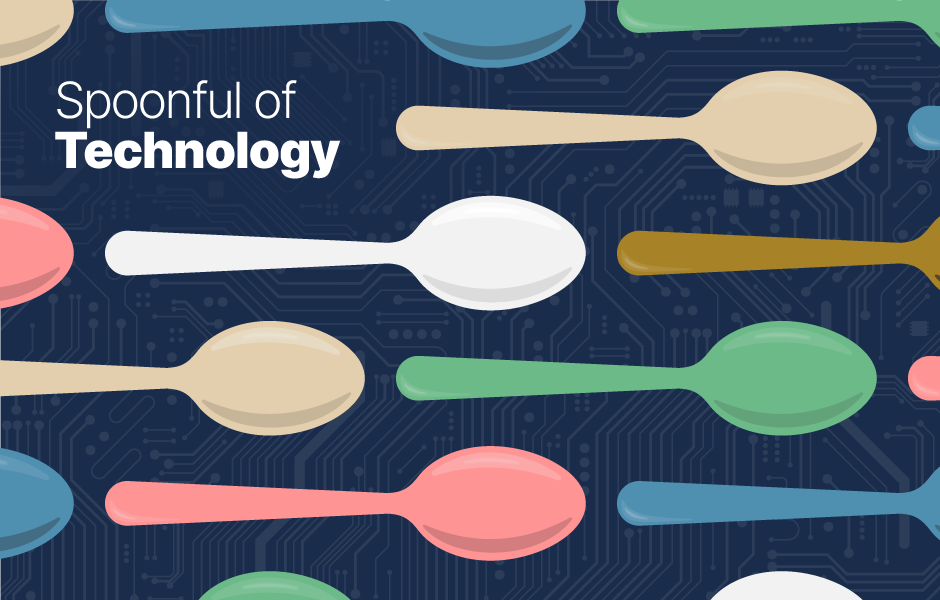Discover the top tech stories that have shaped pharma in recent months as we explore implants to AI models, with a particular focus on antimicrobial resistance
Words by Jade Williams
Elon Musk’s Neuralink implants first human volunteer
Neuralink, Elon Musk’s neurotechnology company, has announced that the first recipient of its brain implant is “recovering well”. In a post on his X account, Musk said that early results from the trial indicate improved neuron recognition, which is encouraging for Musk’s vision of helping people with loss of limb function. For those living with quadriplegia and other disabilities that affect limb function, this brain-computer interface could serve to significantly improve quality of life. The FDA has given the company the go-ahead to proceed with the clinical trial and implant the device in a second patient.
New AI tool to transform early-stage drug discovery
Australian researchers led by Monash University have developed an AI tool that promises to revolutionise virtual screening in early-stage drug discovery. Unlike traditional methods, the new tool ‘PSICHIC’ uses sequence data and advanced AI technology to predict protein-molecule interactions, bypassing the need for expensive and less accurate methods such as 3D modelling. Dr Lauren May, co-lead author from the Monash Institute of Pharmaceutical Sciences, said the team had already demonstrated that the tool could effectively screen new drug candidates and perform selectivity profiling.
Researchers discover new antibiotic development method
Researchers at the University of Birmingham have discovered a new way in which proteins within complex enzyme systems communicate to produce organic molecules, paving the way for the development of new antibiotics. Natural products derived from these processes have properties that fight bacteria, viruses or cancer cells, and this breakthrough could hold promise for developing new natural products or improving existing ones. Teresa Carlomagno, Academic Lead Professor, University of Birmingham, emphasised that while the creation of new enzymes remains a distant goal, this research opens up exciting possibilities for future drug discovery approaches.
Pharma partners with OpenAI to combat antimicrobial resistance
A string of pharmaceutical companies have partnered with OpenAI to use its advanced AI technology to find new treatments for drug-resistant infections. Eli Lilly & Co, Sanofi and Moderna have all teamed up with the software giant – with Eli Lilly being the latest partner – as part of the pharma company’s efforts to further combat antimicrobial resistance. Commenting on the partnership, Diogo Rau, Digital Officer, Eli Lilly, said that generative AI could accelerate the discovery of novel antimicrobials and technologies in the fight against drug-resistant pathogens.









